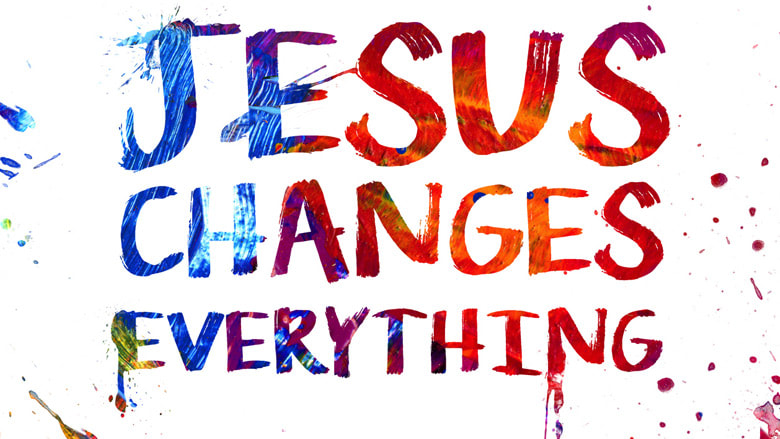|
Throughout the year, the Southern New England Conference of the United Church of Christ reproduces the Daily Lectionary for use by churches. These are the suggested readings for March 29th: Leviticus 25:1-19; Psalm 53; and Revelation 19:9-10. I would encourage you to read these short selections as part of your Lenten practice.
Lent is a time of introspection. It asks us to step closer to the cross and to look up at the crucified Saviour. What changes, if anything, within us as we consider the horrible and public suffering of Jesus, of God? We are confronted daily with images of the suffering people of Ukraine. Those images draw out a response in us. People react differently to them, but people react. Do we react to Jesus’ suffering? This is what Lent’s introspection asks. Do we respond to the scandal of the cross? Does it challenge us? Would we allow it to change us? Sometimes we view the strength of faith by its consistency and regularity. Sometimes, though, should we look to faith as an incitement to change, maybe even radical change? I was reading an article the other day about a group of women in Stoneham, MA in the mid-19th century. They were vocal abolitionists. They would no longer submit to the prevailing notion that the Black race was inferior, basically subhuman, and this was a notion subscribed to by many in the North not only the South. They spoke out so courageously that the church responded: “In July of that year [1837], a pastoral letter from the General Association of Congregational Churches had been read from the pulpit in churches throughout Massachusetts. The letter called on women to refrain from public discourse. It was a response to growing concern over [the women] who had been lecturing in New England on the evils of slavery. The first problem was their sex. Women, the ministers wrote, should not try to displace men as the appointed teachers of morality. … The message to women across the Commonwealth was clear: Keep quiet about slavery.” (Boston Globe, 3/20/22, p. K8) The religious leaders and institution sought to maintain the status quo as part of practicing the faith. They sought to silence the consciences of the women who saw slavery [and women’s suffrage] as a great immorality and as thoroughly unchristian. Their faith pushed them to fight against the established faith. Their faith challenged them to change the established faith. In today’s reading from Revelation, we share a passage that lifts-up Christian prophecy. We are familiar with Old Testament prophets, but sometimes the idea of Christian prophecy in the New Testament comes as a surprise. The prophetic author of Revelation shares the voice of an angelic messenger who states, “‘For the testimony of Jesus is the spirit of prophecy.’” This is the teaching of the living Word of God, that Jesus continues to speak through the Spirit. Prophecy is dangerous to institution, even religious institution. The women of Stoneham were speaking prophetically, and the leaders of the church resisted. The leaders saw their job to maintain what was. The women saw their job as to build what will be. They spoke prophetically; they spoke “the testimony of Jesus.” Or look at the reading from Leviticus. It speaks of the Year of Jubilee. I have never heard a biblical fundamentalist preach this old-time-religion message. Every 50th year, says the Bible, wealth is to be redistributed. The Bible preaches against the amassing of huge wealth disparities. People will do well for themselves and others will hit hard times, but on the Year of Jubilee the wealthy return what they have received and wealth disparity is erased. There are obvious practical difficulties with the Year of Jubilee, but its message can be honoured. Or, is this biblically explicit reading to be ignored while we choose to quote other ones that fit our social and economic preferences? Do we maintain the status quo rather than allowing the faith to challenge us? The cross flabbergasted the earliest followers of Jesus. They struggled to find meaning in it. They were forced to react to it, to respond to it, to be challenged by it, to even be changed by it. An unchanging faith or one that chooses to listen selectively is not the faith of the cross, the scandalous, unexpected cross. During this season of the cross, let us try to find the time to look inward as we look upward at the crucified Saviour for the good of our faith. If you’d like, here is the link to the Southern New England Conference’s daily reading schedule: www.sneucc.org/lectionary.
0 Comments
Leave a Reply. |
NewsFaith, love and chitchat. Categories
All
Archives
June 2024
Follow
|
|
SERVICE TIMES
Sunday 9:30-10:30am Children Sunday School 9:30-10:30am Nursery care available during worship DONATE Make a single or recurring contribution by clicking here |
FOLLOW
|

 RSS Feed
RSS Feed
